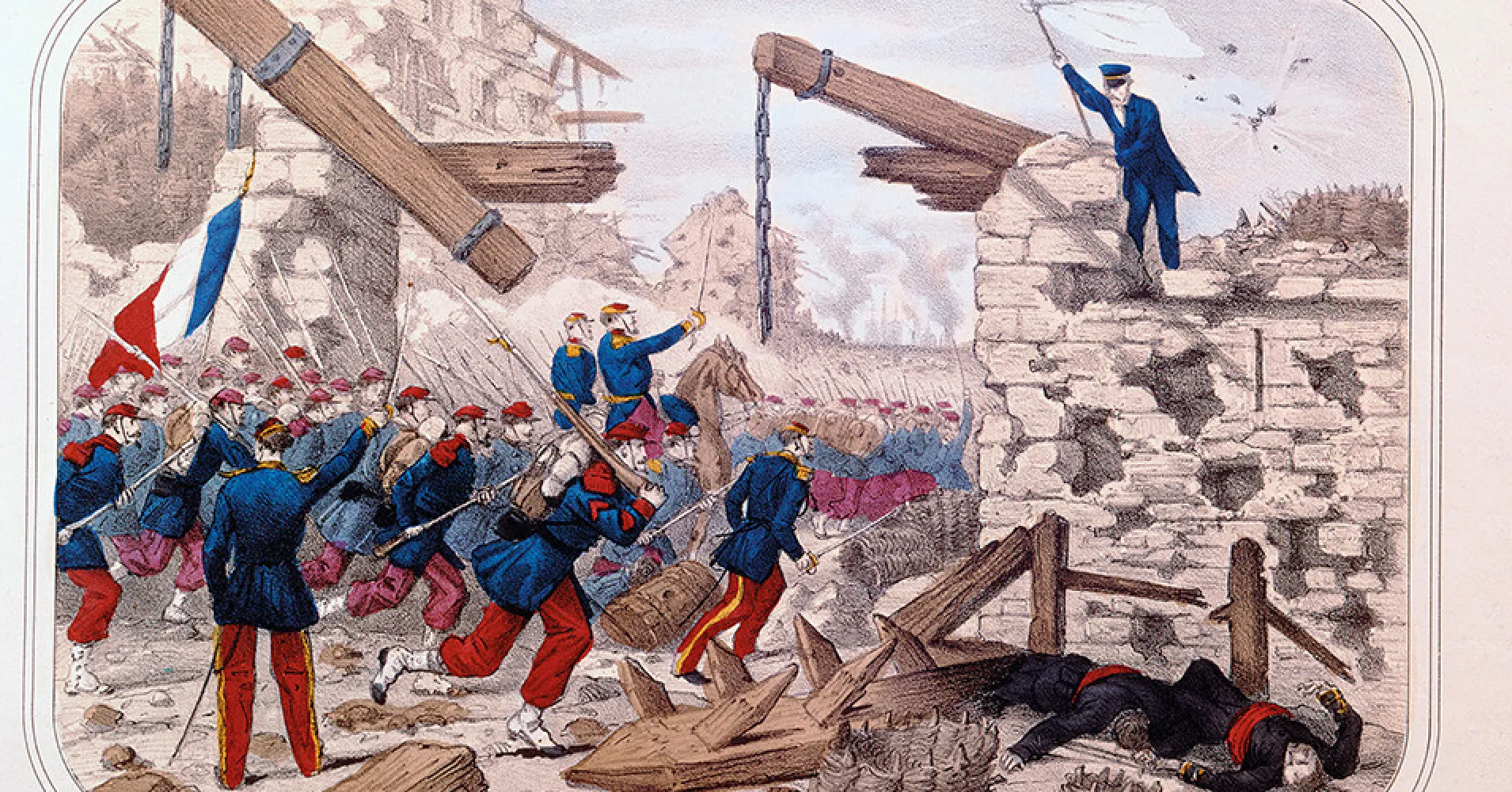A failed war is often followed by a revolution, as happened in 1871 during the Paris Commune and after 1917 not only in Russia but also in Turkey, Bulgaria, Germany and elsewhere. The reasons are understandable. The company could not bear the failed test of the war and is looking for a better solution. War accelerates the horizontal and vertical displacement of people, classes, and values. People from the lower and poorer classes rise more easily, while others fall. War is a fire under whose heat drops of water in a boiling cauldron move rapidly up and down. A rapid change in “customs and manners” and various epidemics of hatred have been observed many times. While we would be afraid of war losses in peacetime, in wartime society will naturally accept them, as if other values have taken over the collective mind for a time.
The cycle continues even after the war, but it has the opposite meaning. Those value and cultural forms that people accepted during the war quickly become obsolete and change to other, often opposite ones. For example, in the Czech and European experience, the post-war 1950s can be considered an ideological continuation of the Second World War, but the pacifist 1960s are already its denial. The most interesting phase of the Russian-Ukrainian conflict will probably occur – on both sides – only after the conclusion of the ceasefire.
The Fremr case is over. Shall we forget?
Dalibor Balšínek, August 15, 2023
EDITORIAL
Sociologist sentenced to death
Pitirim Sorokin (1889–1968) is one of the most important figures in Russian, Czech, and later American sociology. As a young boy, he traveled from monastery to monastery with his father, who repaired icons. The monks taught him to read and write and to lead a contemplative life. However, already at the age of ten he starts to get drunk, his father beats him and he becomes independent a year later. He is extremely gifted, so he becomes Alexander Kerensky’s secretary, he is imprisoned by both the tsarist and communist regimes. He almost ends up on the gallows, but in October 1922 he escapes to Prague, where he writes a synthesis of his Russian experiences and the first major attempt to find the cycle of history – a book The sociology of revolution. He gives lectures, is interested in Hussites, sometimes goes to discuss with President TG Masaryk and other Czech politicians and intellectuals. After less than two years, he leaves for the USA, where he establishes a department of sociology at Harvard University. He worked here until 1959.
Children deprived of childhood. The key to why small adults fail
Tereza Matějčková, August 17, 2023
THE ESSAY OF TERESA MATĽJČKOVA
His work and fate are perhaps too Russian. He mixes genius with political and covertly religious activism. In other words, science and emotion. He is controversial but not lukewarm. He fights his opponents, he loves his friends. He knows Russia better than anyone else, because for five years he followed and recorded the course of the Russian Revolution day after day.
You can read the entire text of Václav Cílek at ECHOPRIME or from Wednesday 18.00 in the digital version of the magazine. From Thursday, the printed edition of Týdeník Echo is also on sale at the stands. Weekly Echo si you can subscribe from 249 crowns per month here.
“Baxa rejected gay marriage in the Senate”
Lenka Zlámalová, August 16, 2023
SENATOR GRABA, HEAD OF THE CONSTITUTIONAL COMMISSION
The path of white powder to the mayor’s nose. About man’s irresistible desire to destroy himself
Jiří Peňás, August 18, 2023
KOKAINU’S SALON
2023-08-20 22:10:25
#War #revolution #Sorokin #date #Echo24.cz
